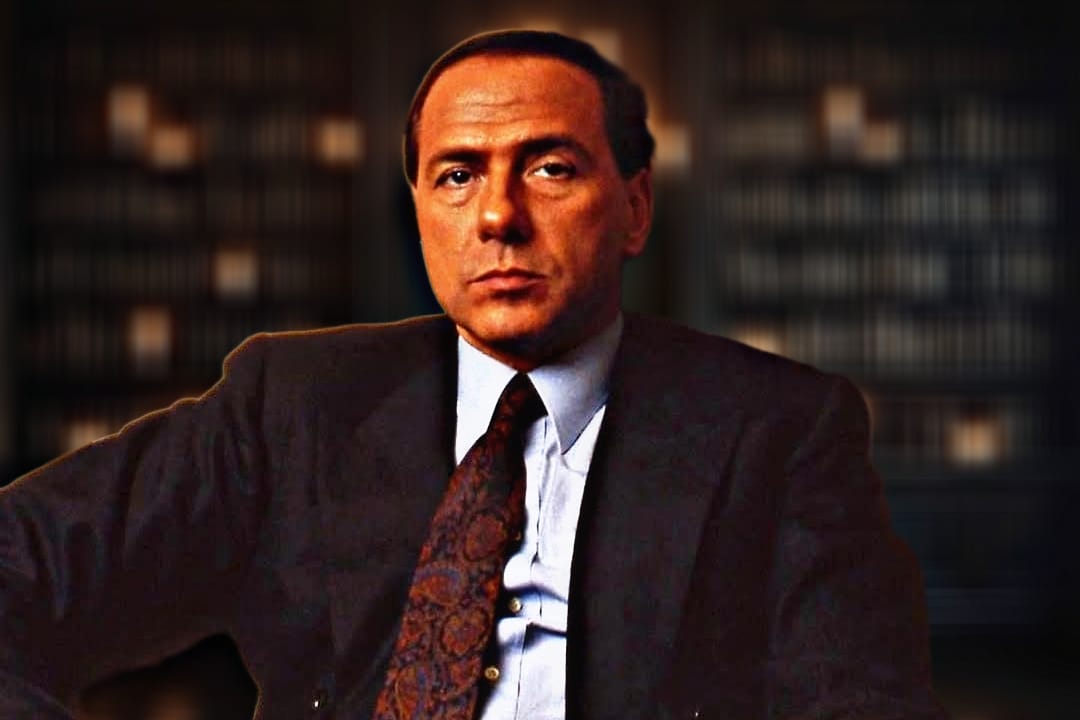Silvio Berlusconi, one of Italy’s most influential and controversial political figures, built a legacy that is as remarkable as it is contentious. As a businessman, media mogul, and politician, Silvio Berlusconi rise to power reshaped Italy’s political and media landscapes. His long tenure in Italian politics spanned several decades, during which he served as prime minister for multiple terms, influenced public discourse through his vast media empire, and played a pivotal role in shaping Italy’s economic and political direction. However, his career was also marred by legal battles, allegations of corruption, and accusations of fostering a culture of cronyism.
This article delves into the life, achievements, controversies, and the political legacy of Silvio Berlusconi, one of Italy’s most polarizing figures of the 21st century.
Early Life and Business Ventures
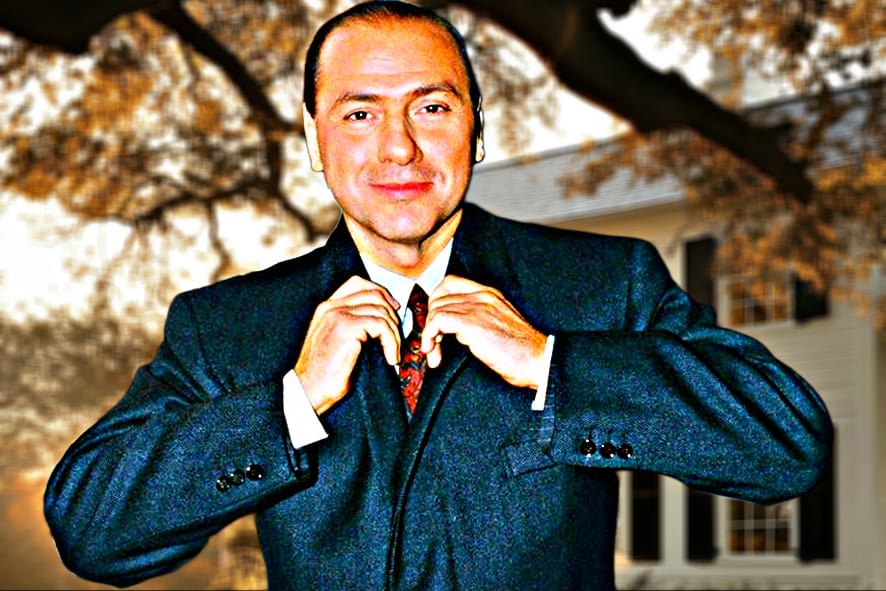
Silvio Berlusconi was born on September 29, 1936, in Milan, Italy. The son of a middle-class family, Berlusconi showed early signs of ambition and an entrepreneurial spirit. After completing his secondary education, he enrolled in the University of Milan, where he graduated with a degree in law in 1961. Silvio Berlusconi professional journey began in the construction industry, where he worked as a manager for his father’s company, initially focusing on residential building projects.
Silvio Berlusconi entry into the media world, however, is what ultimately transformed his career. In the 1970s, he ventured into television by founding Canale 5, a television station that would later become the flagship of his media empire. His strategic approach to television broadcasting, which focused on entertainment and sensationalism, resonated with a broad audience. Over time, Silvio Berlusconi expanded his media holdings, creating Mediaset, Italy’s largest commercial broadcaster. This consolidation of media power played a crucial role in shaping his future political career.
Political Rise and the Birth of Forza Italia
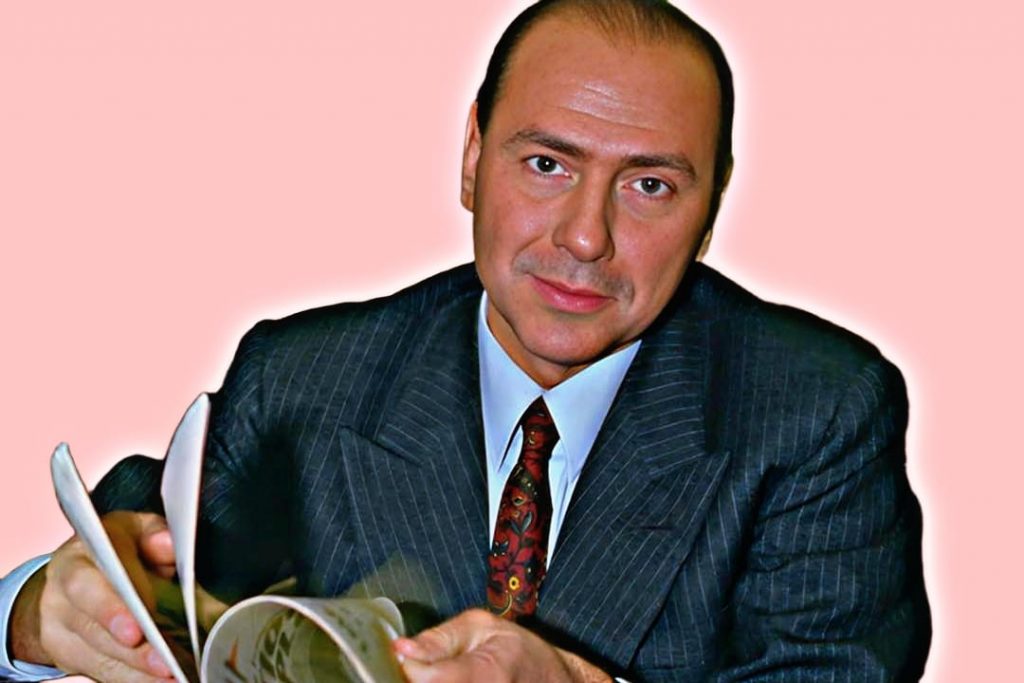
Silvio Berlusconi political aspirations began in the early 1990s, a time of political instability in Italy. The Tangentopoli scandal, a corruption investigation that implicated many of Italy’s top political figures, led to a collapse of Italy’s established political order. Seeing an opportunity, Berlusconi capitalized on public frustration with the traditional political elite.
In 1993, Silvio Berlusconi launched his political movement, Forza Italia (Go Italy), which aimed to provide a fresh alternative to Italy’s aging political class. His charisma, combined with his media influence, helped him connect with the Italian people. Berlusconi’s message of political renewal, economic liberalization, and his promise to fight corruption resonated with many Italians. He promised to run Italy like a business, promising efficiency, lower taxes, and a reduction in public spending.
In the 1994 elections, Silvio Berlusconi Forza Italia won a stunning victory. At the age of 58, Berlusconi became Italy’s prime minister for the first time. His tenure, however, was short-lived. His government collapsed after just seven months due to internal divisions and disagreements within his coalition. Despite this, Berlusconi’s political star was rising.
Silvio Berlusconi Tenure as Prime Minister
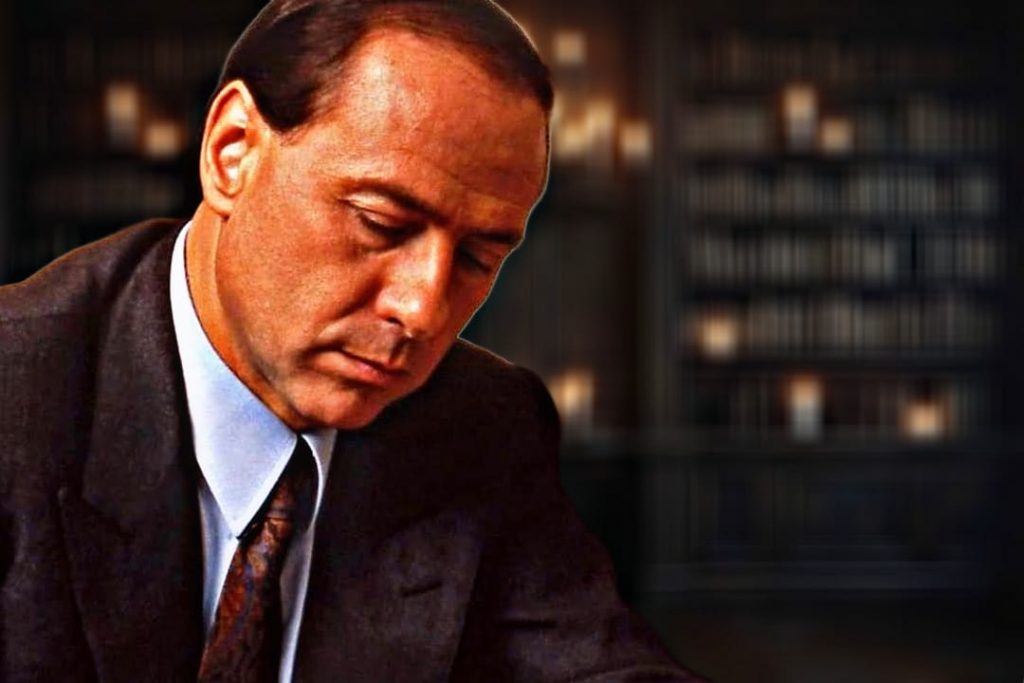
Silvio Berlusconi political career saw a remarkable rise and fall. After his first term, he returned to power multiple times, serving as prime minister for a total of nine years over four separate terms. His government’s policies were characterized by tax cuts, privatization of state-owned industries, and an emphasis on deregulation. Berlusconi also played a key role in Italy’s economic reforms, advocating for a more market-oriented economy. Under his leadership, Italy experienced periods of economic growth, but his tenure was also marked by growing inequality, high public debt, and continued allegations of corruption.
Silvio Berlusconi media influence was a major factor in his success. He used his media empire, which included television networks, newspapers, and publishing houses, to promote his political agenda and shape public opinion. His control over the media allowed him to maintain a direct connection with the Italian public, bypassing traditional political channels. Critics, however, accused him of using his media power to silence dissent and manipulate public perception.
Throughout his time in office, Silvio Berlusconi faced numerous challenges, including opposition from left-wing parties, legal issues, and internal dissent within his own coalition. Despite these challenges, he remained a dominant figure in Italian politics, partly due to his ability to present himself as a strong, charismatic leader capable of addressing Italy’s most pressing issues.
The Controversies: Legal Issues, Corruption, and Scandals
Silvio Berlusconi career was marred by a series of legal troubles, corruption scandals, and allegations of unethical behavior. One of the most significant controversies was his involvement in numerous legal battles. In 1997, he was charged with tax fraud, and in the years that followed, he faced a variety of other charges, including bribery, corruption, and abuse of office. Berlusconi often denied the charges, claiming they were politically motivated attacks against him.
In 2012, Silvio Berlusconi was convicted of tax fraud in relation to the sale of television broadcasting rights by his company Mediaset. He was sentenced to four years in prison, which was later reduced to one year of house arrest. Berlusconi also faced charges related to bunga bunga parties, allegations of underage prostitution, and other sexual misconduct. These scandals contributed to his image as a controversial and morally questionable figure.
Despite these allegations, Silvio Berlusconi managed to retain significant political support, particularly from right-wing voters who viewed him as a champion of Italian values. His ability to navigate the legal system and avoid significant punishment was a testament to his political savvy and the loyalty of his supporters.
The Decline and Legacy of Silvio Berlusconi
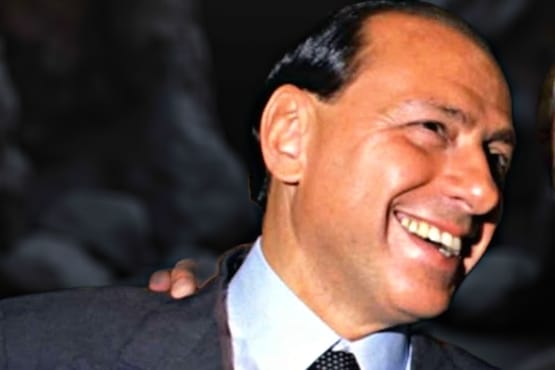
As the years passed, Silvio Berlusconi influence in Italian politics began to wane. His later years in office were marked by economic stagnation, political gridlock, and growing public dissatisfaction with his leadership. In 2011, facing pressure from both the European Union and the Italian public due to Italy’s rising debt crisis, Berlusconi resigned as prime minister for the last time. His departure marked the end of an era in Italian politics.
Despite his retirement from active politics, Silvio Berlusconi remained a prominent figure in Italian society. He continued to lead the Forza Italia party and played a key role in shaping Italy’s right-wing politics. In 2018, Berlusconi attempted a political comeback, running for a seat in the Italian Senate, though his influence was no longer as dominant as it had once been.
Silvio Berlusconi legacy is a subject of fierce debate. Supporters argue that he brought economic reforms, modernization, and greater political stability to Italy. They point to his efforts to reduce taxes, privatize state-owned industries, and create a more market-oriented economy as key achievements. His media empire and larger-than-life persona also reshaped the political landscape of Italy.
Critics, on the other hand, contend that Silvio Berlusconi legacy is tainted by his legal issues, ethical controversies, and the erosion of democratic institutions. They argue that his media dominance created a culture of cronyism, where politics and business were intertwined in ways that undermined transparency and accountability. Additionally, many see his personal scandals and legal troubles as indicative of the ethical decay in Italian politics during his time in power.
Silvio Berlusconi Impact on Italian Politics
Silvio Berlusconi influence on Italy’s political landscape cannot be overstated. He was a transformative figure, reshaping the country’s political system in ways that continue to be felt today. His rise to power marked the end of Italy’s traditional political parties and the beginning of a new era of personalized politics. Berlusconi’s Forza Italia was one of the first successful attempts in Italy to create a media-driven political party, and his approach to political marketing and media manipulation was a model for many political leaders around the world.
Silvio Berlusconi also had a significant impact on Italy’s economic policy. His policies, which emphasized tax cuts, privatization, and deregulation, aimed to liberalize the Italian economy and make it more competitive. However, his critics argue that these reforms did not go far enough to address Italy’s deep structural problems, such as high public debt, inefficiency in the public sector, and economic stagnation.
Silvio Berlusconi’s political career also had a profound effect on the European Union and Italy’s relationship with the broader international community. During his time in office, Berlusconi was a strong advocate for a pro-business, market-driven Europe. His government often clashed with the EU over issues such as budgetary discipline and economic reforms. Berlusconi’s close ties with European leaders like Viktor Orbán of Hungary and Jean-Claude Juncker, former President of the European Commission, highlighted his role in shaping the discourse on European integration, particularly on matters of immigration, economic austerity, and regional cooperation.
Despite his controversial legacy, Silvio Berlusconi political career demonstrates the power of media in shaping modern politics. His ability to control the narrative, both in the media and in the public mind, was a key factor in his long-lasting influence.
Conclusion
Silvio Berlusconi’s career is a testament to the intersection of media, politics, and business. His influence on Italy’s political and media landscapes is undeniable, and his legacy continues to spark debate. While some view him as a champion of economic reform and a leader who brought Italy into the modern era, others see him as a symbol of the corruption, cronyism, and moral decay that plagued Italian politics during his time in power.
Regardless of one’s opinion on Silvio Berlusconi legacy, there is no doubt that he left an indelible mark on Italy and the world. His unique blend of charisma, media savvy, and political maneuvering made him one of the most significant political figures of the 21st century. As Italy moves into a new era of political leadership, the shadow of Silvio Berlusconi’s influence will continue to loom over the country for years to come.

